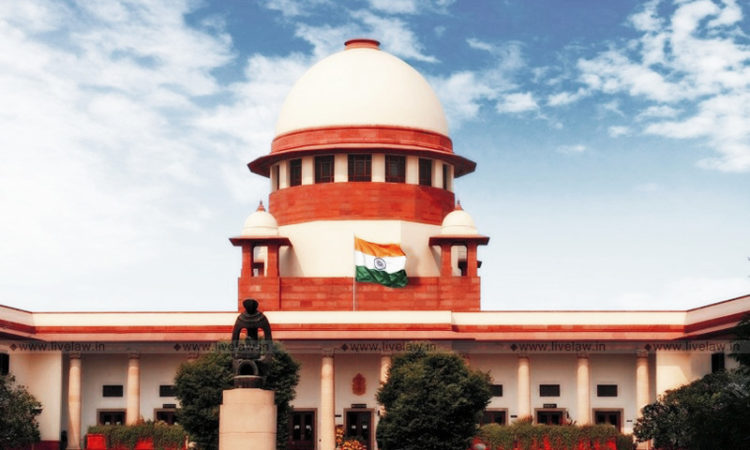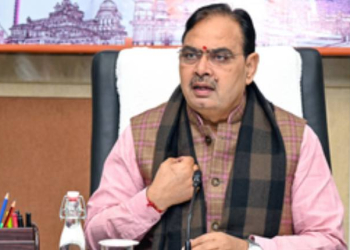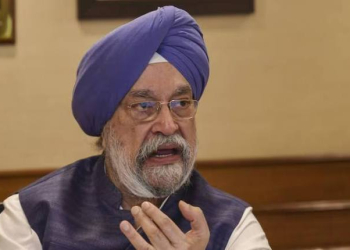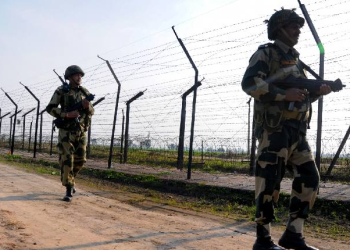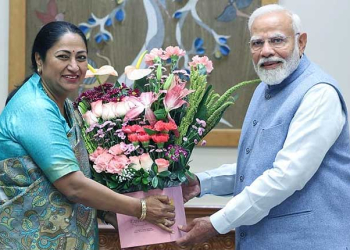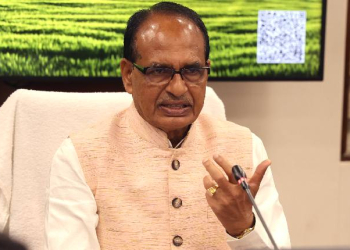New Delhi: The Supreme Court on Monday sought response from the Centre on a plea seeking a direction to declare “Talaq-e-Ahsan” and all other forms of unilateral extra-judicial dissolution of marriages under Muslim personal laws as illegal, arbitrary, void, and unconstitutional being irrational and in contravention of Articles 14, 15, 21 and 15 of the Constitution.
A bench of Justices S.K. Kaul and A.S. Oka agreed to hear the petition and issued notices to the Centre and others, including the National Commission for Women.
The plea, filed by a Pune-based woman, said she was divorced by her husband by “Talaq-eAhsan” procedure by sending a letter through Speed Post after being driven out of her matrimonial home after she refused to pay them money for down payment for purchasing a new car and to avail loan for making payment of the balance amount and repay the same in full on her own.
The petition said per the customs and procedure, “Talaq-e-Ahsan” requires pronouncement of Talaq once followed by abstinence from conjugal relation for three lunar months or 90 days and thereafter, if the parties to the marriage do not resume their conjugal relationship with 90 days, the marriage is dissolved.
The plea also sought directions to the Centre and others to frame guidelines for a gender neutral, religion neutral uniform ground, and procedure for divorce.
The plea, filed through advocate Nirmal Kumar Ambastha, said: “The petitioner tried to approach the local police against the atrocities and harassment by her husband and in laws and also against the unilateral dissolution of marriage, but the local police did not register the case on the ground that ‘Talaq-e-Ahsan’ is a recognised process for dissolution of Muslim marriages”.
The plea contended that all the procedure for dissolution of marriages like Talaq-e-Ahsan and others are available to Muslim men only as an extra-judicial unilateral procedure for dissolution of marriage, which is neither harmonious to modern day principles of gender equality nor an essential religious practice.
The plea submitted that petitioner’s husband sent her a letter of divorce on July 16, through Speed Post, levelling various baseless and untrue allegations against her.
“Muslim personal law insofar as it allows the men to unilaterally dissolve marriage by ‘Talaq-e-Ahsan’ and all other forms of unilateral extra-judicial dissolution of marriages, but does not allow the women to do the same, is void being violative of fundamental rights guaranteed under Articles 14, 15, 21 and 25 of the Constitution of India. Since Muslim Personal Law is a law within the expression ‘Law in force’ as contained in Article 13(1) of the Constitution of India and it must be void for contravening any rights under Part III thereof,” said the plea.
(IANS)



